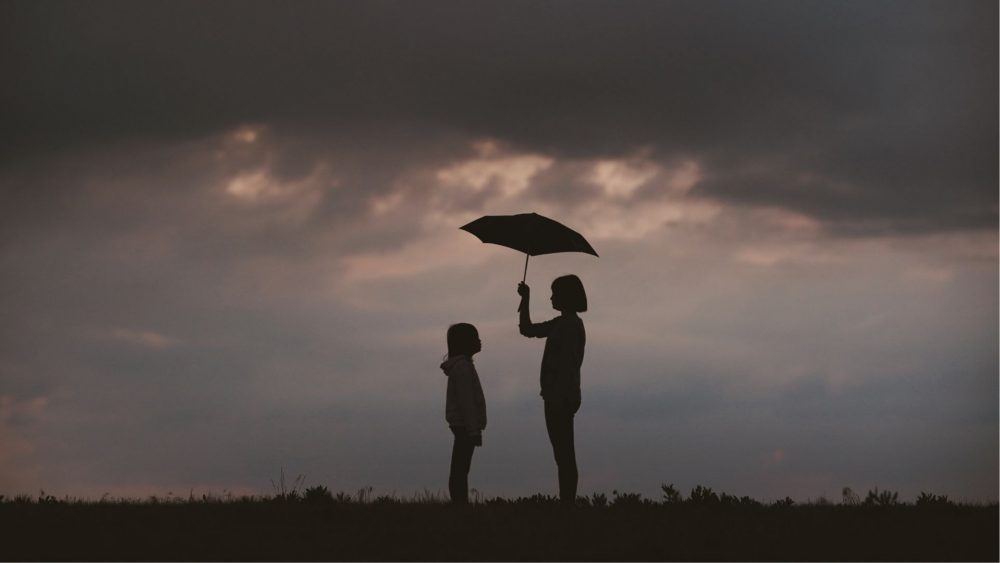
We're back again with another blog drawing on the wisdom of the brilliant people doing Alumina this term. A few days ago we published a blog in which they shared their "what people often don't understand about self-harm" and today we're thinking about what actually helps...
I asked four young people who were happy to be quoted what kinds of things help someone when they're self-harming, and here's what they had to say:
"Sometimes finding gentle ways of communication first rather than going straight in helps." (F)
"When someone really listens and isn't trying to just 'fix' the problem." (S)
"Don’t freak, be observant rather than judgmental...guiding but not controlling and be a support throughout to gain trust" (F)
"I think its important to express that it must've been difficult for them to reach out if you find out by them telling you" (T)
"I find someone giving me a resource such as a leaflet or website less invasive and as I gained trust I could look at bigger long-term options" (F)
And I think the thing that all these words are getting at is...
The kind of support and communication that these young people talk about - non judgemental, supportive, gentle - is actually the kind of support we all need. Because we all need friendship and some help, no matter what our challenges are.
Self-harm can scare people, intimidate them, and often makes them feel like they don't know what to do to help. But what the young people in our Alumina groups tell us is that they don't want to be isolated but they fear being a burden. They keep quiet because they fear rejection and judgement, or being told they have to change.
So we need to find ways to come together. And the best way to do that is gently.
Do you think someone you know is harming? It's a really hard thing to talk about, or to bring up. So maybe there are other ways to start.
"I know that things are really hard for you at the moment. I just want you to know that you can talk to me, if you want. I would really like to understand what's going on, so you are less alone."
It's supportive, it's gentle, it's non-judgemental. And you're saying you want to listen, which is the really important bit.
Friendship and support might not feel like they are doing anything meaningful to help, or to change the situation, but they really are the foundation for recovery, because it's so hard to do alone.
But what about finding more professional help for someone?
This brilliant blog lays out some concrete options (and some great things to say and things not to say) but here are some headlines:
1. Talk to your GP. They might be able to refer you to some other kinds of support through the NHS (but also you should know that these services are really stretched).
2. Talk to someone at school you trust - they might have a counselling service or a pastoral advice centre where you can talk to someone who can help support you.
3. Explore counselling or therapy. Self-harm is usually understood as a way of coping with or managing painful experiences or feelings, and counselling or therapy give us the space to explore and process those things so we can move on. A great place to look for someone is through the BACP or UKCP websites (they are the professional registers of counsellors and psychotherapists). Or if you prefer to work more creatively, look for an art therapist at BAAT.
4.If all of that feels too intense a great place to start is our Alumina support programme which is based online and so can feel less intimidating.